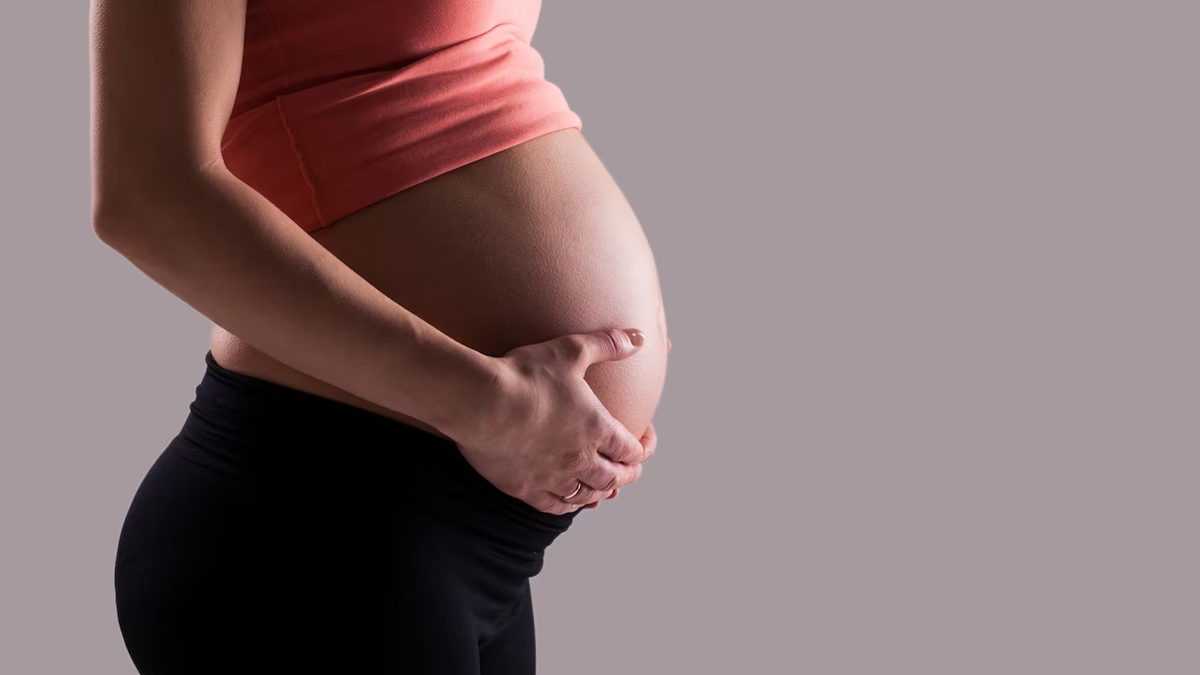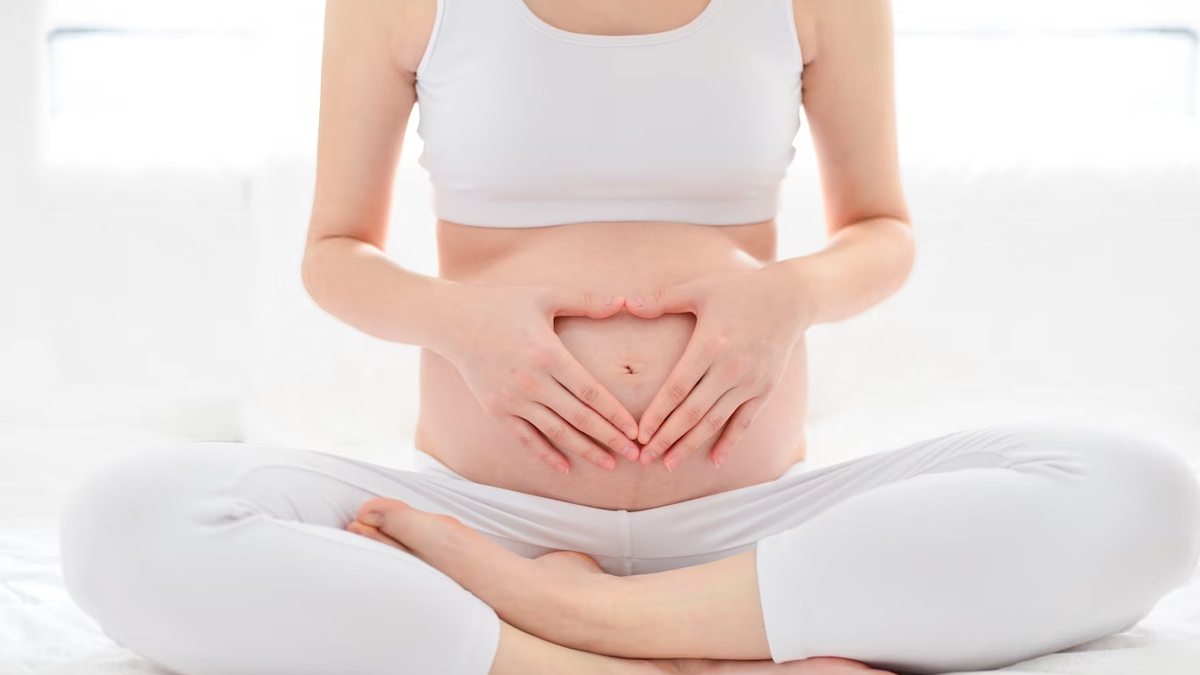
Pregnancy after the age of 35 can come with its own set of challenges, but with proper preparation and care, it can be a fulfilling and rewarding experience. Here are some things to consider if you're planning to start a family after the age of 35.
Table of Content:-
Tips To Prepare For Pregnancy After Midlife
1. Consult with your doctor
Before you try to conceive, it's important to have a pre-pregnancy check-up with your doctor. They can assess your overall health, discuss any potential risk factors associated with pregnancy at an older age, and provide you with recommendations on how to have a healthy pregnancy.
2. Address any health issues
If you have any health conditions, such as diabetes, high blood pressure, or obesity, it's important to address them before you conceive. These conditions can affect your ability to conceive and can also affect the health of your pregnancy.

Also read: 6 Health Issues That Suggest You're Not Relaxed Even After Sleeping
3. Get tested for genetic disorders
Women over the age of 35 are at a higher risk of having a baby with a genetic disorder. Your doctor can recommend genetic counselling and testing to determine if you're at risk for any genetic disorders.
4. Start taking prenatal vitamins
Before you conceive, it's a good idea to start taking prenatal vitamins to ensure that you're getting all of the necessary nutrients for a healthy pregnancy.
5. Eat a healthy diet
Eating a well-balanced diet that's rich in fruits, vegetables, and lean proteins can help ensure a healthy pregnancy. You should also limit your intake of caffeine, alcohol, and artificial sweeteners.
6. Exercise regularly
Regular exercise can help you maintain a healthy weight, reduce stress, and improve your overall health. Your doctor can recommend an appropriate exercise routine for you.

Also read: 6 Health Issues That Suggest You're Not Relaxed Even After Sleeping
7. Quit smoking and avoid second-hand smoke
Smoking can increase your risk of having a miscarriage or a low birth weight baby. So, it's important to quit smoking before you conceive and to avoid second-hand smoke during pregnancy.
8. Limit your exposure to environmental toxins
Certain environmental toxins, such as lead, mercury, and pesticides, can be harmful to a developing foetus. Make sure you limit your exposure to these toxins by eating a healthy diet, drinking plenty of water, and avoiding certain fish that are high in mercury.
9. Prepare for the emotional and financial aspects of pregnancy
Having a baby can be an emotional and financial rollercoaster. It's important to consider the emotional and financial aspects of pregnancy and to plan accordingly. This may include discussing your plans with your partner, creating a budget, and making arrangements for time off from work.
10. Be prepared for a possible high-risk pregnancy
Women over the age of 35 are at a higher risk for having a high-risk pregnancy. This means that you may need to see a specialist during your pregnancy and that you may need to take extra precautions to ensure a healthy pregnancy.
Pregnancy after the age of 35 can be a fulfilling and rewarding experience, but it does come with its own set of challenges. It's important to consult with your doctor, address any health issues, get tested for genetic disorders, start taking prenatal vitamins, eat a healthy diet, exercise regularly, quit smoking and avoid second-hand smoke, limit your exposure to environmental toxins, prepare for the emotional and financial aspects of pregnancy, and be prepared for a possible high-risk pregnancy. By taking these steps, you can ensure that you have a healthy and successful pregnancy.
Also watch this video
How we keep this article up to date:
We work with experts and keep a close eye on the latest in health and wellness. Whenever there is a new research or helpful information, we update our articles with accurate and useful advice.
Current Version